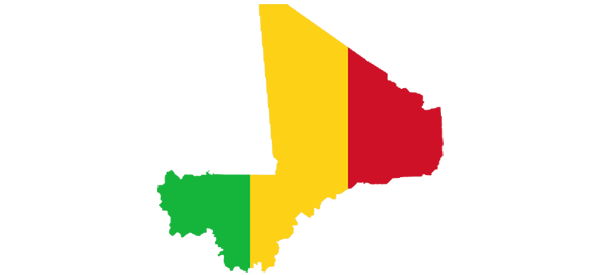The situation in Mali is confused and complex. People in the south of the country fear for their future under attack as they are by Islamic fighters from the North, the nomadic Touareg in the North seek independence, French uranium interests in the region gives it strategic importance and the overthrow of Libya has resulted in overseas members of the Libyan security forces returning home heavily armed.
In this report, Democracy Now seeks to understand the different pieces in this complex game that is displacing thousands of the world’s poorest people.
France is in its fifth day of an offensive to oust rebels that have held much of Mali’s northern region since March, an area larger than Afghanistan. The strikes have reportedly killed 11 civilians, including three children fleeing the bombardment of a camp near the central town of Konna. The United Nations estimates as many as 30,000 may have been displaced since fighting began last week. The United States has backed the offensive by helping transport French troops and making plans to send drones or other surveillance aircraft. It is aiding a fight against Malian forces that it once helped train, only to see them defect and join the Islamist rebellion. We discuss the latest in Mali with Al Jazeera correspondent May Ying Welsh, who has reported from Mali’s north, and with freelance journalist Hannah Armstrong, a fellow of the Institute of Current World Affairs, who joins us from the Malian capital of Bamako.
http://www.democracynow.org/2013/1/15/admin_aids_french_bombing_of_mali






